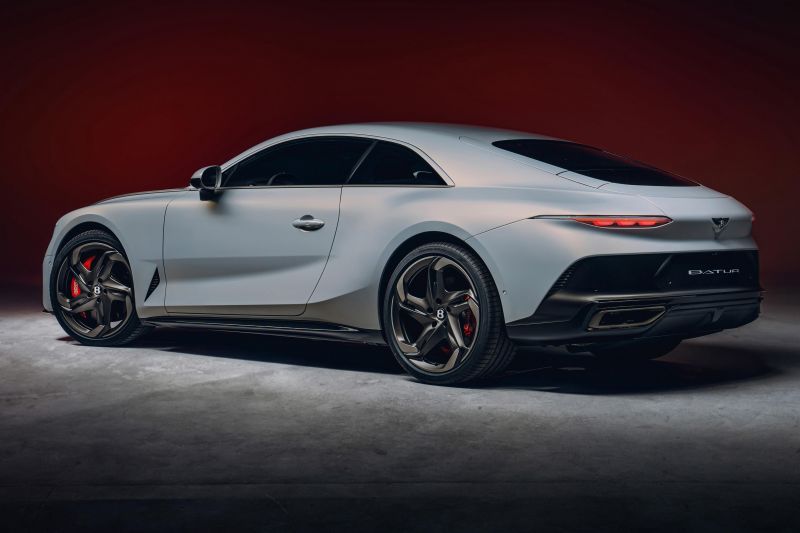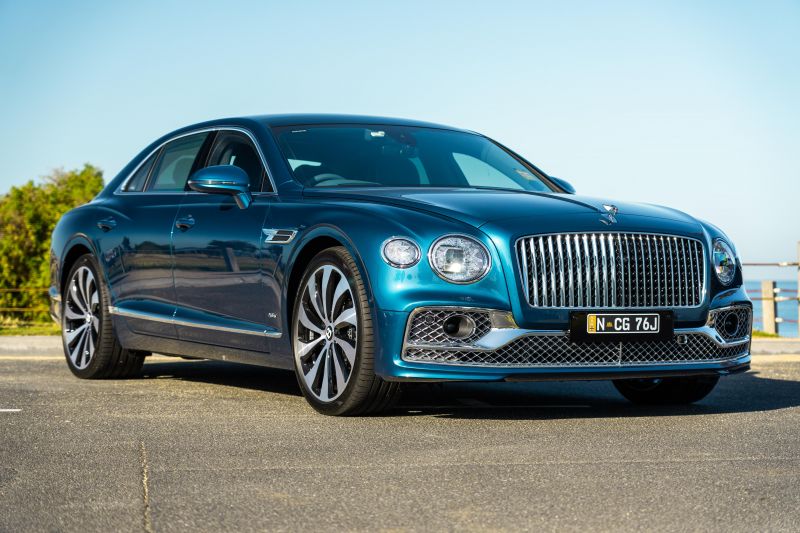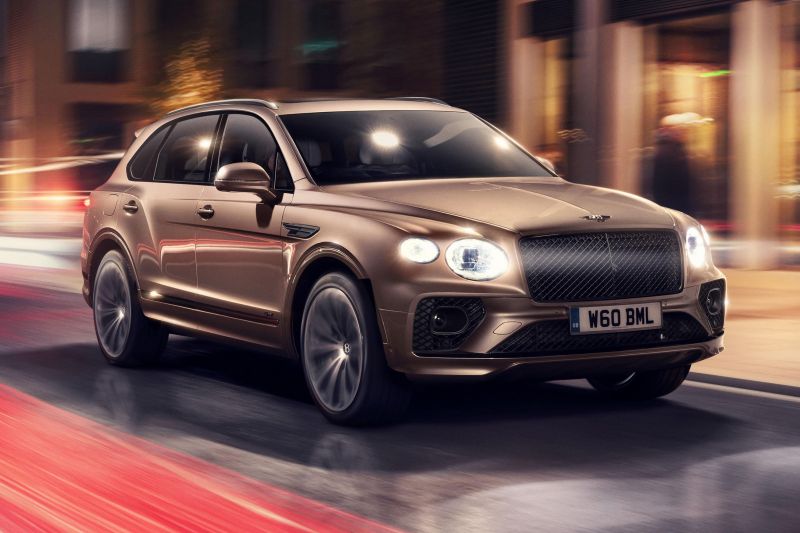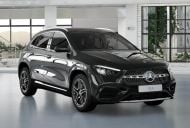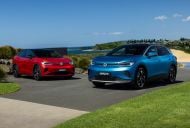Bentley is getting closer to launching its first electric vehicle (EV), the next big step in its move away from thirsty petrol-powered models.
The as-yet unnamed electric model isn’t due until 2026, even though rival Rolls-Royce has recently launched its electric Spectre.
“We don’t have an electrified Bentley right now because current technology can’t give us what we need or what our customers want for it to be a true Bentley,” Bentley’s chief communications and diversity and inclusion officer, Wayne Bruce, told CarExpert.
“That Spectre is an amazing car, but realistically, it’s only got about a 250-mile range (404km), and we’ve always said our BEVs need to have the equivalent range of our ICE cars, but we’re also in no hurry.
“Nevertheless, you will see the first fully electric Bentley in 2026. It will be a unique car and bear no relationship with the current models and it’s well under development.”
And while Mr Bruce remained tight-lipped about details, he also pointed to the ultra-limited edition Bentley Batur by Mulliner as providing a window into the marque’s next-generation design language including the first all-electric model.
In November 2020, Bentley announced its ‘Beyond 100’ electrification strategy, seeing the brand transition to an electric-only lineup by 2030. Shortly after, it said goodbye to the Mulsanne and along with it, its 6.75-litre V8.
Now, it’s about to wind up production of its trademark W12 powerhouse after producing more than 120,000 of these engines between 2003 and 2024.
As such, Bentley will likely go down in history as the world’s largest producer of 12-cylinder engines primarily used to power its ‘Speed’ editions.
Expect it to be replaced by a 4.0-litre twin-turbocharged V8 hybrid of varying tunes depending on the model and grade chosen.
Currently, Bentley deploys a 2.9-litre V6 plug-in hybrid powertrain from Porsche in the Flying Spur, while the Bentayga gets a 2.8-litre V6 hybrid.
This leaves just the Continental GT as still in line to get plug-in hybrid power, and it will likely use a 4.0-litre twin-turbo V8 PHEV powertrain from Porsche when it lands in the latter half of 2024.
In Australia, the hybrids haven’t been all that popular.
“Out of the 229 cars we sold here last year, only 20 were plug-in hybrids. It’s not about performance, either, given the combined power and performance is much the same as the twin-turbo V8”, said Mr Bruce.
“It’s not even about the noise, because you don’t buy a Bentley for the noise, certainly our customers don’t. It makes a nice noise but once you’re up and running you don’t hear the engine, while only 10 per cent of Bentleys are sold with a sports exhaust.
“It’s very different in markets like Thailand, where we’re almost 100 per cent plug-in hybrid. It’s about education and experiencing the technology and the efficiency benefits without losing any power on a daily basis.
“It’s a great technology for now and potentially into the next decade because it ticks all the boxes and on WLTP, it’s 10 per cent the emissions of the equivalent ICE car.”





